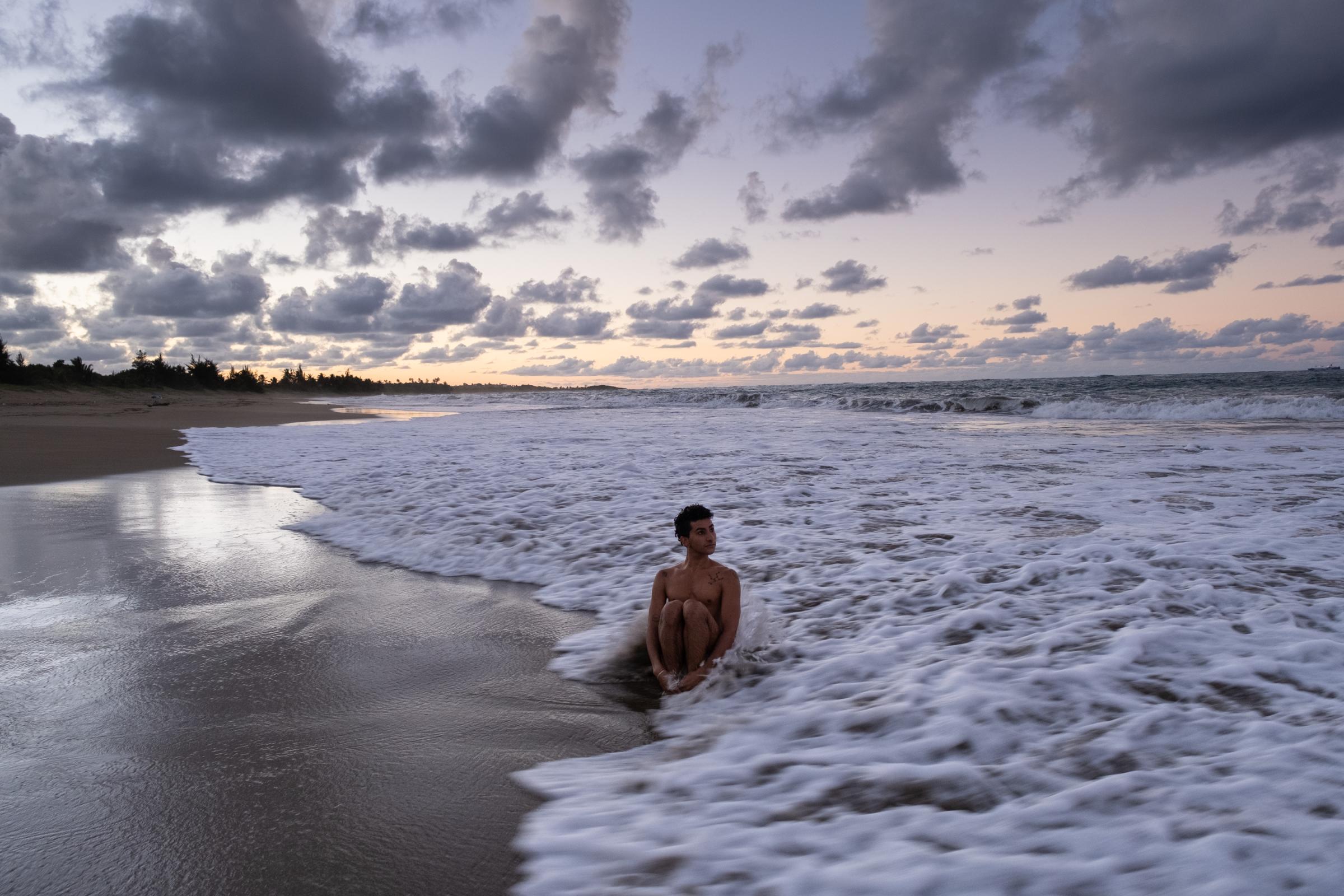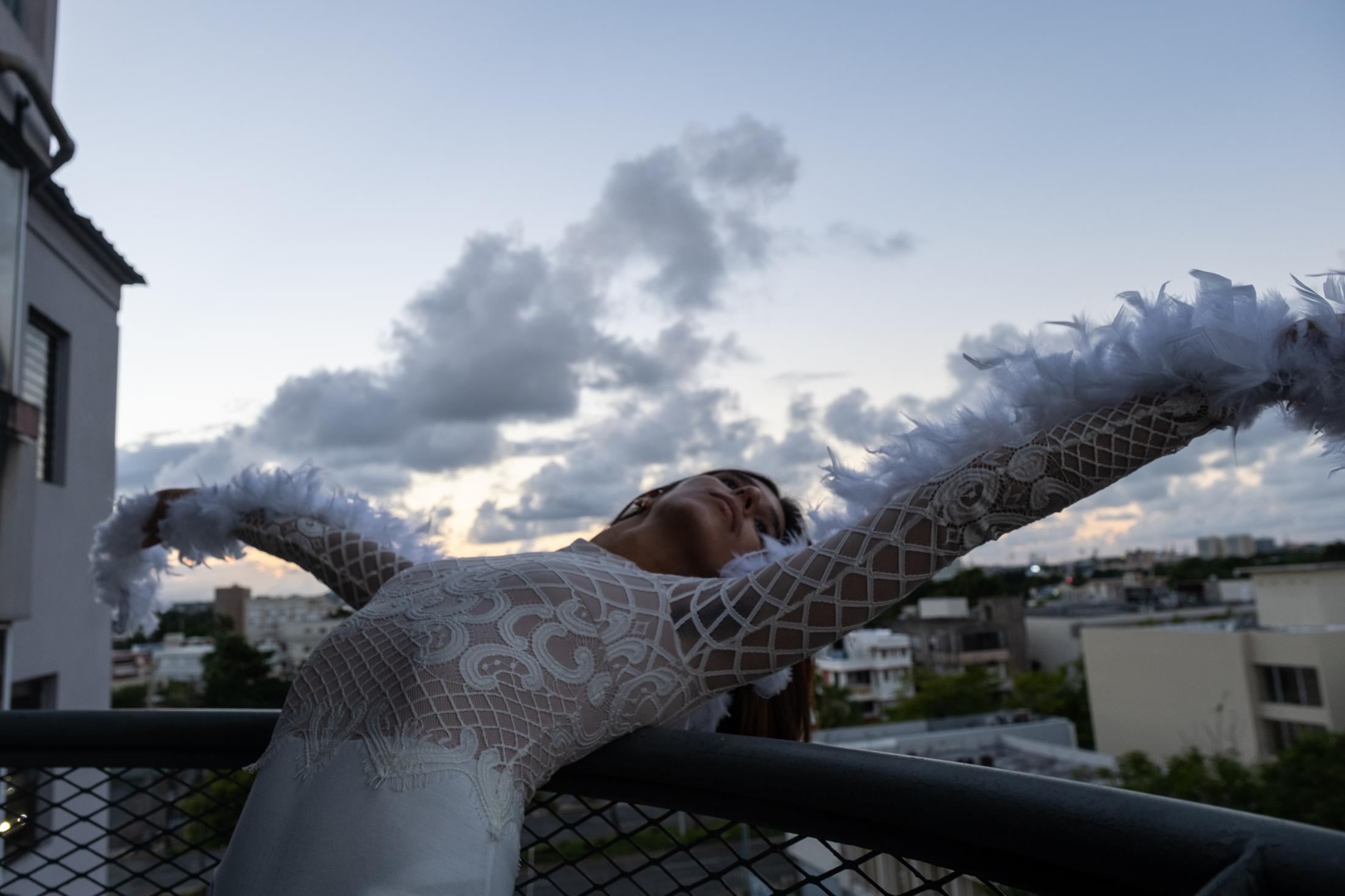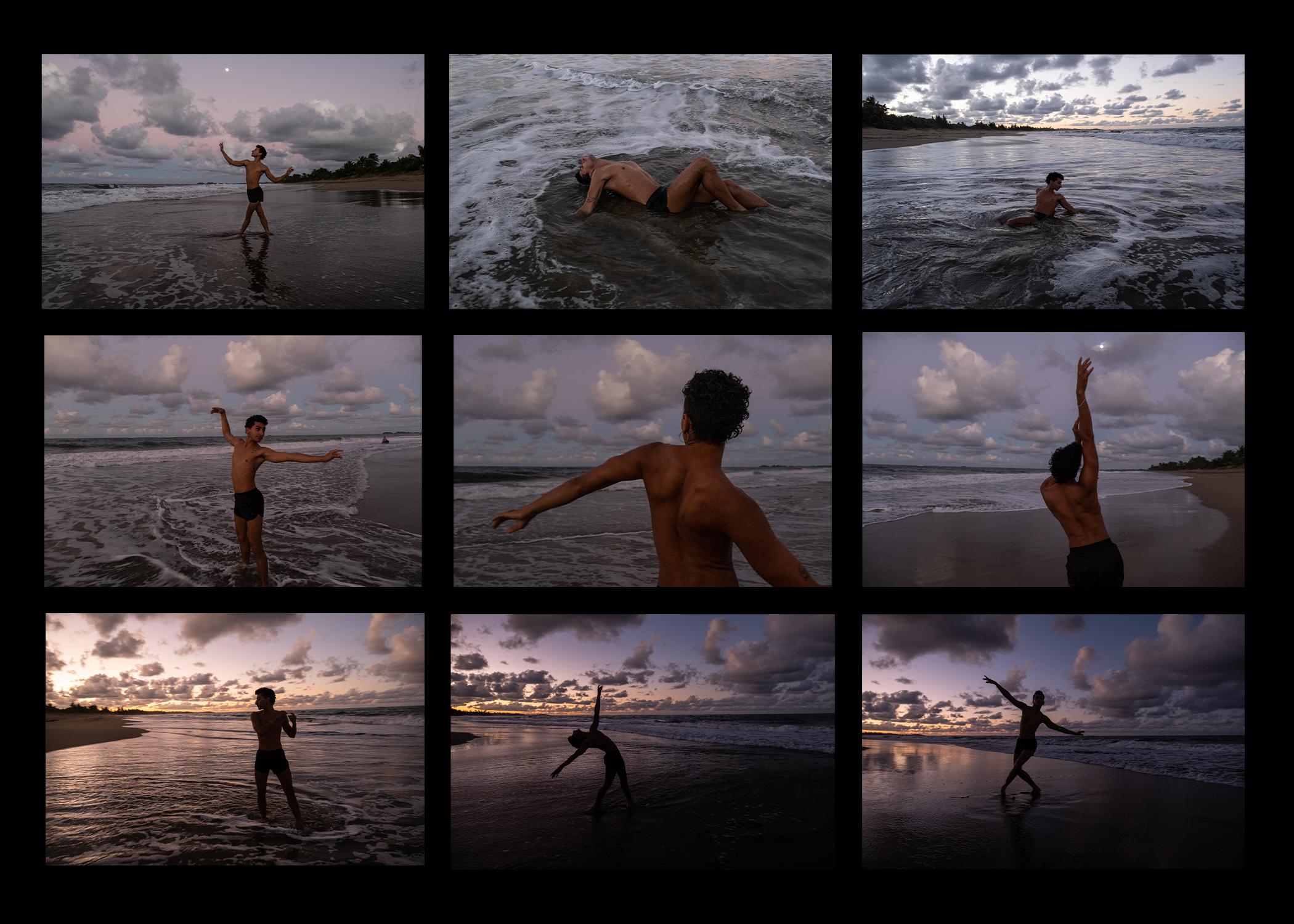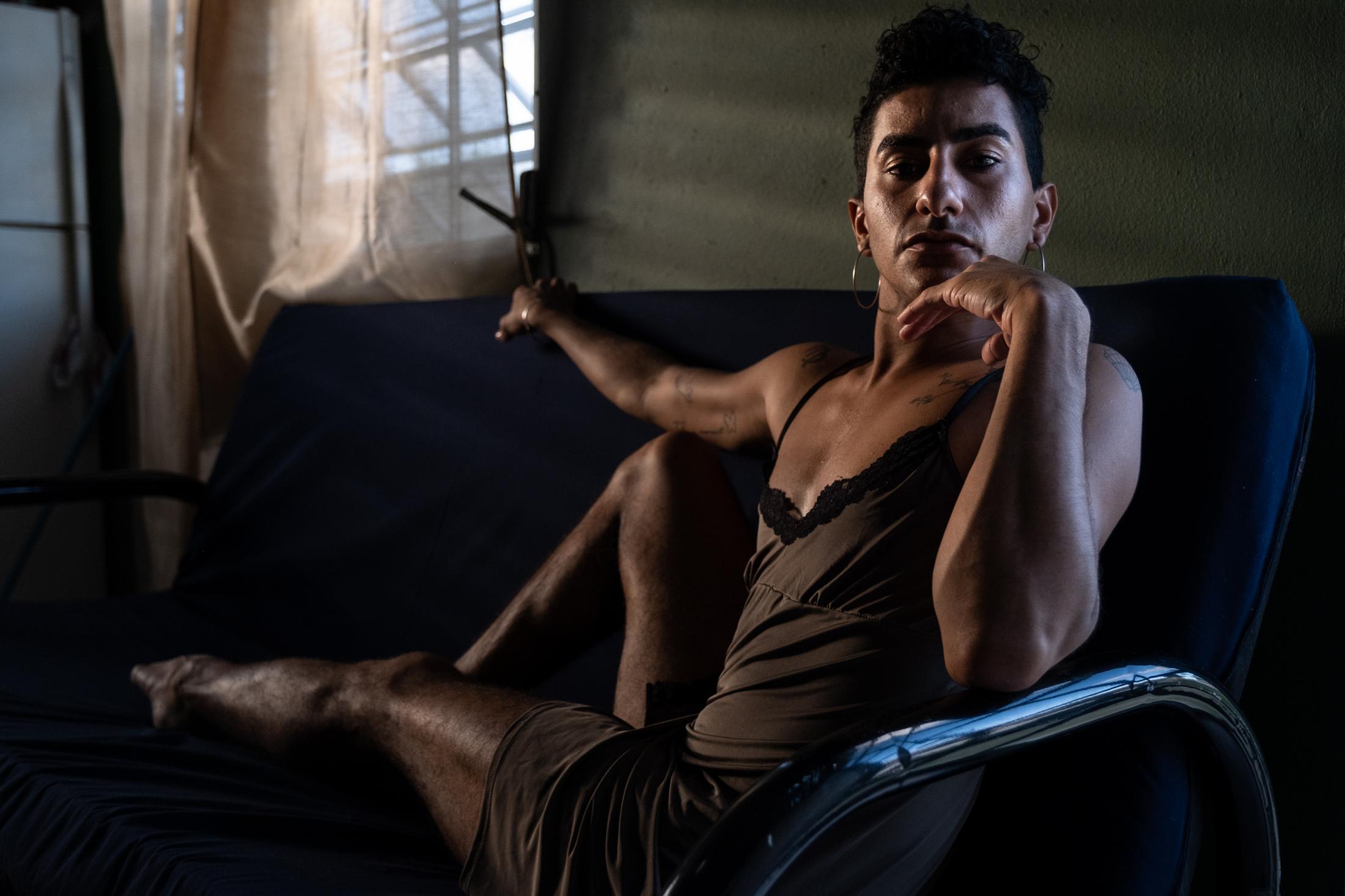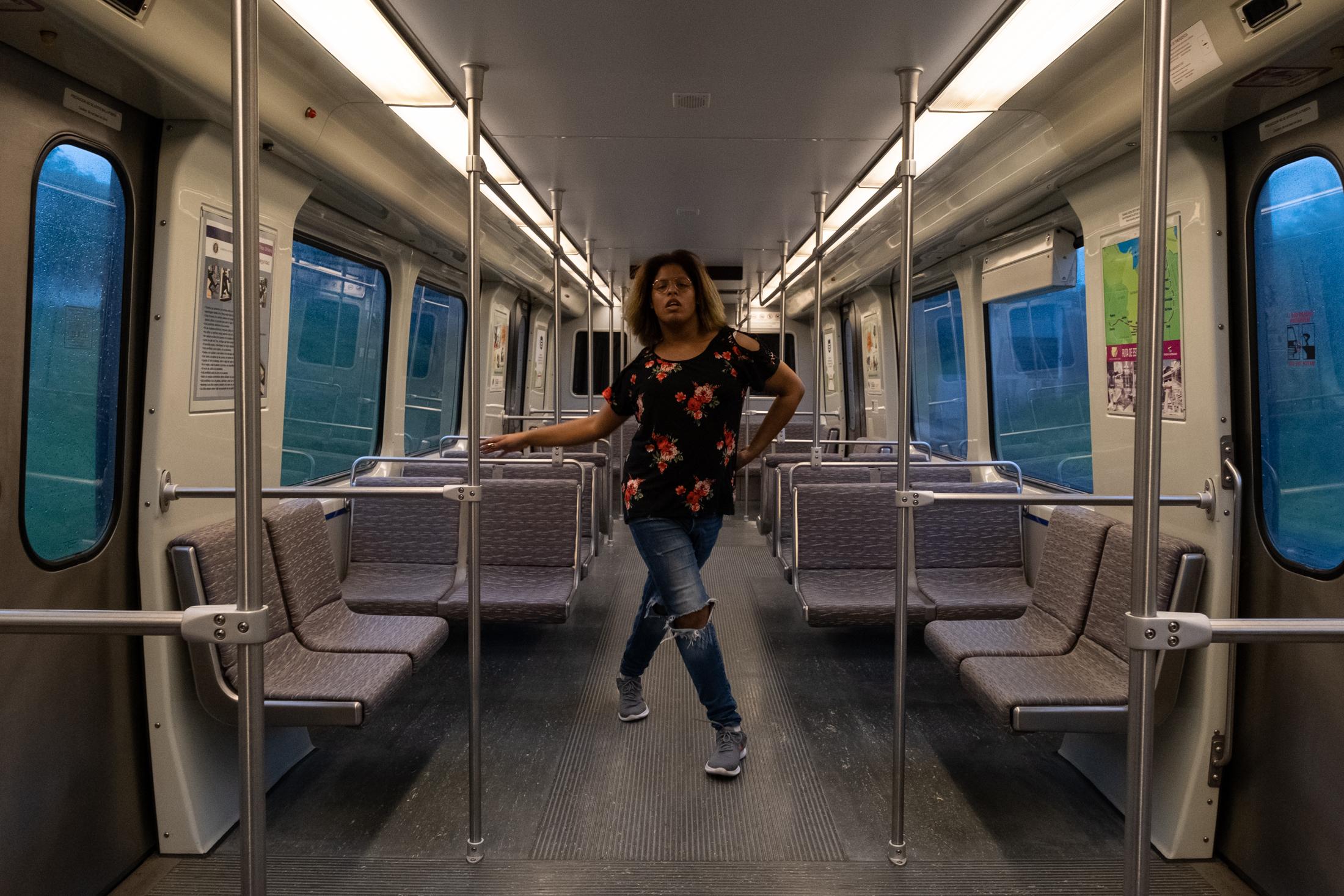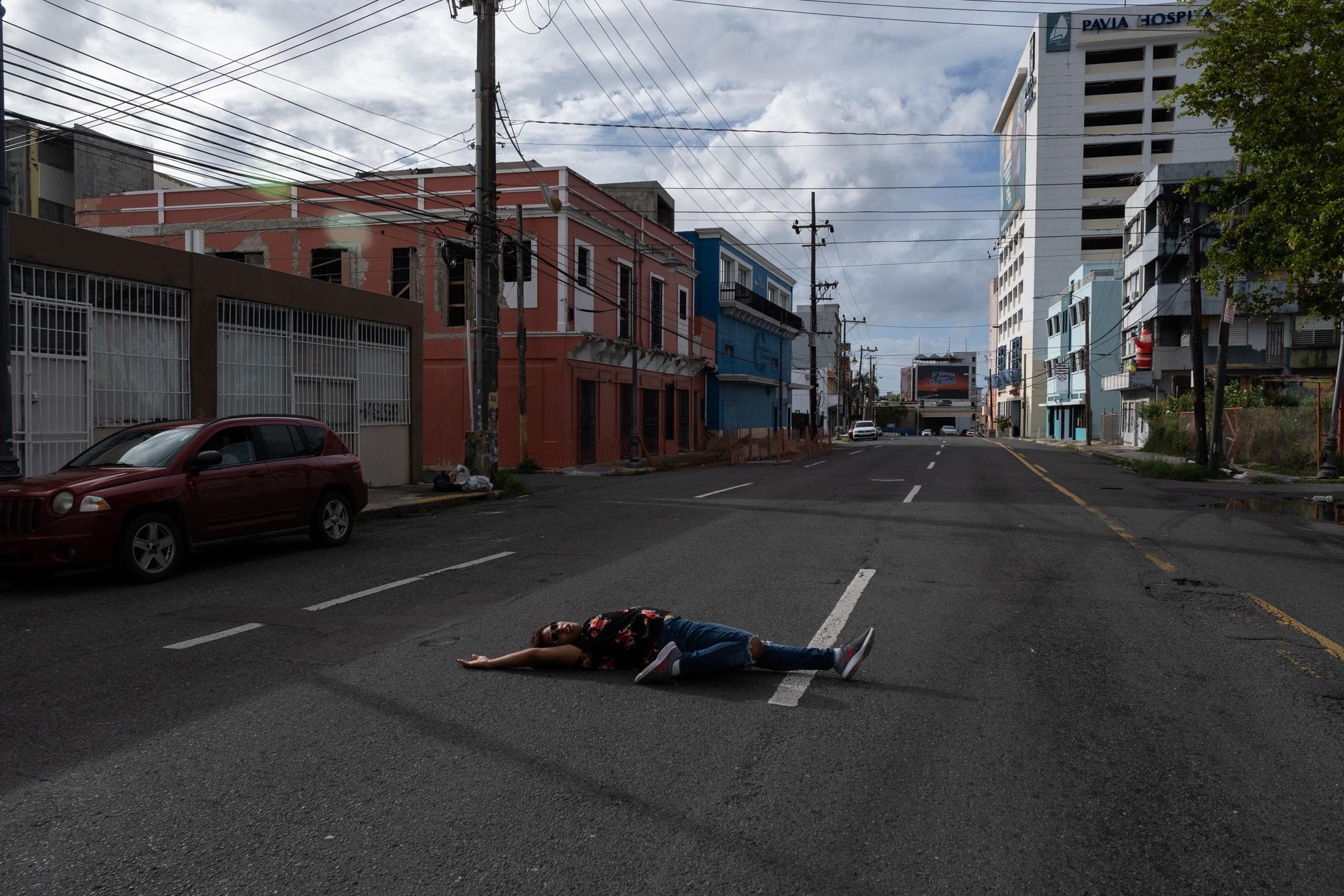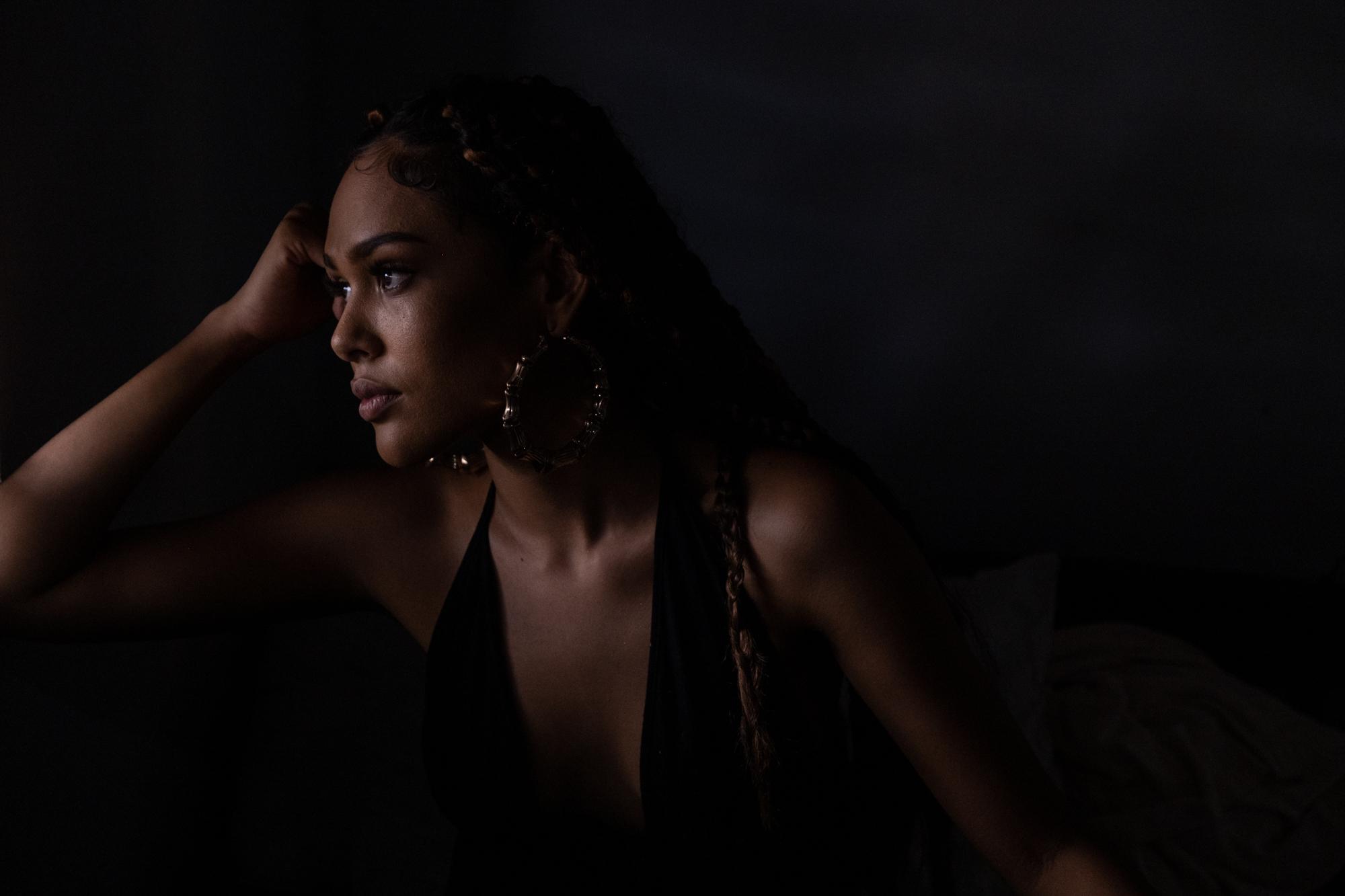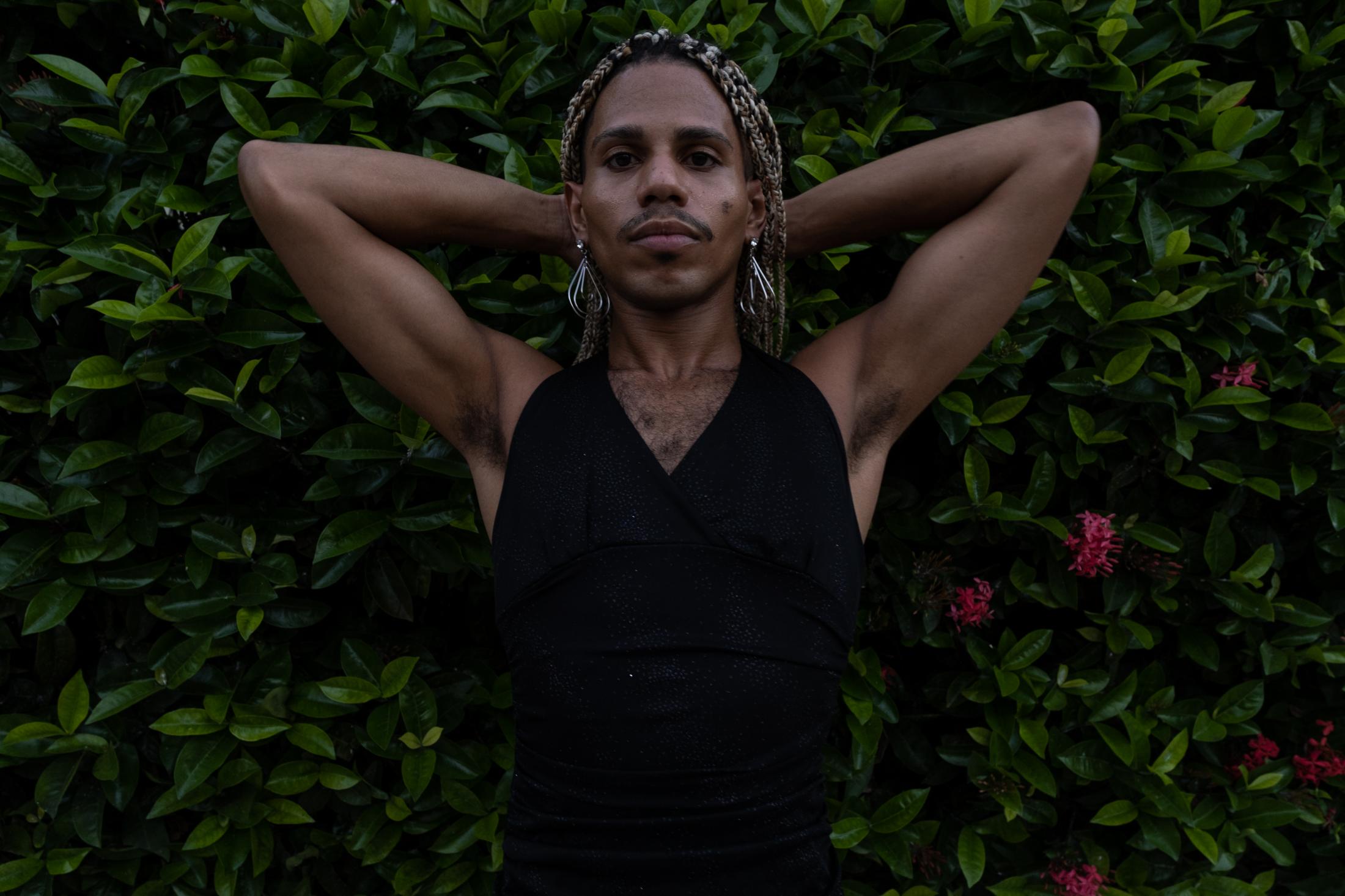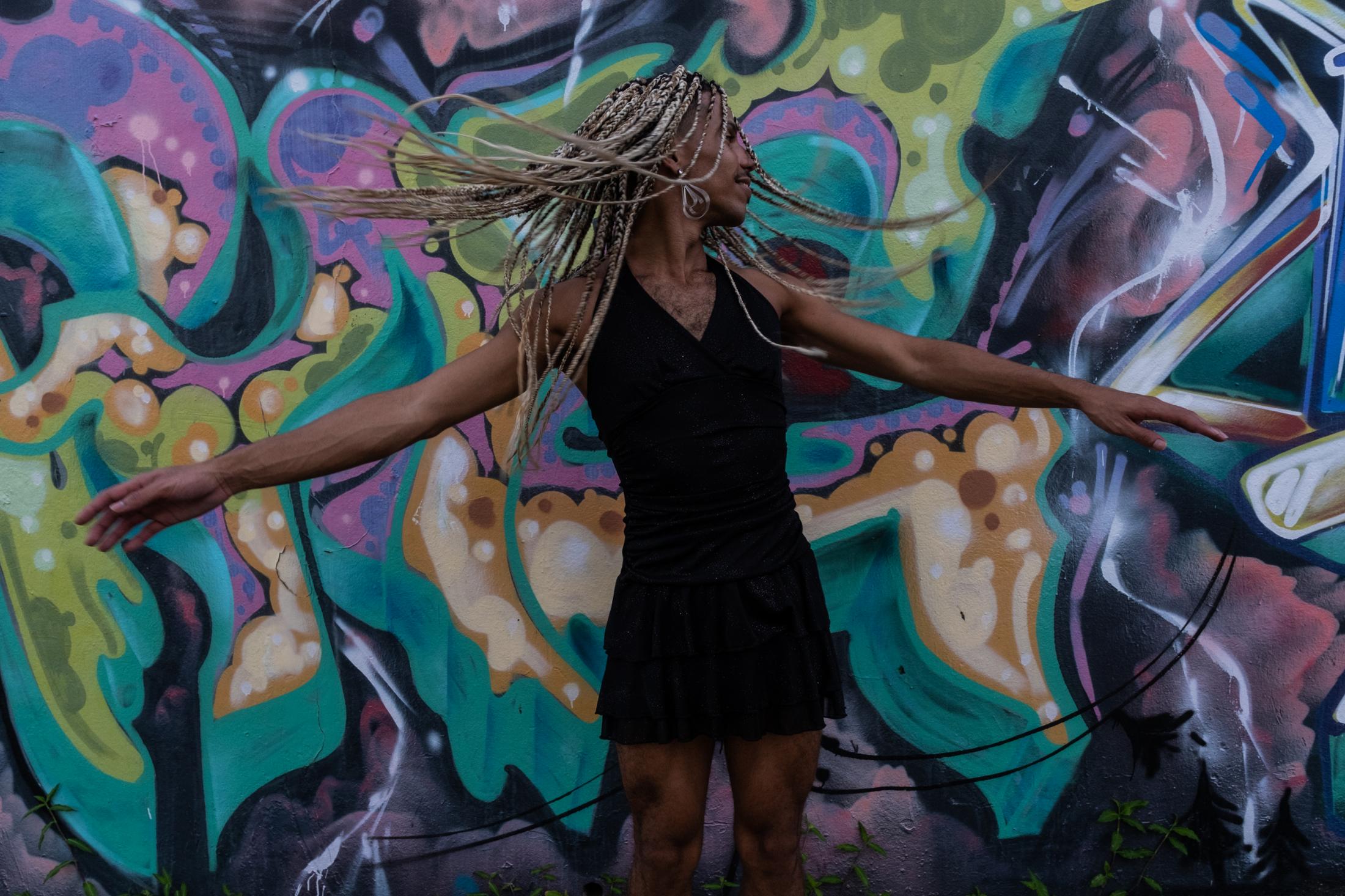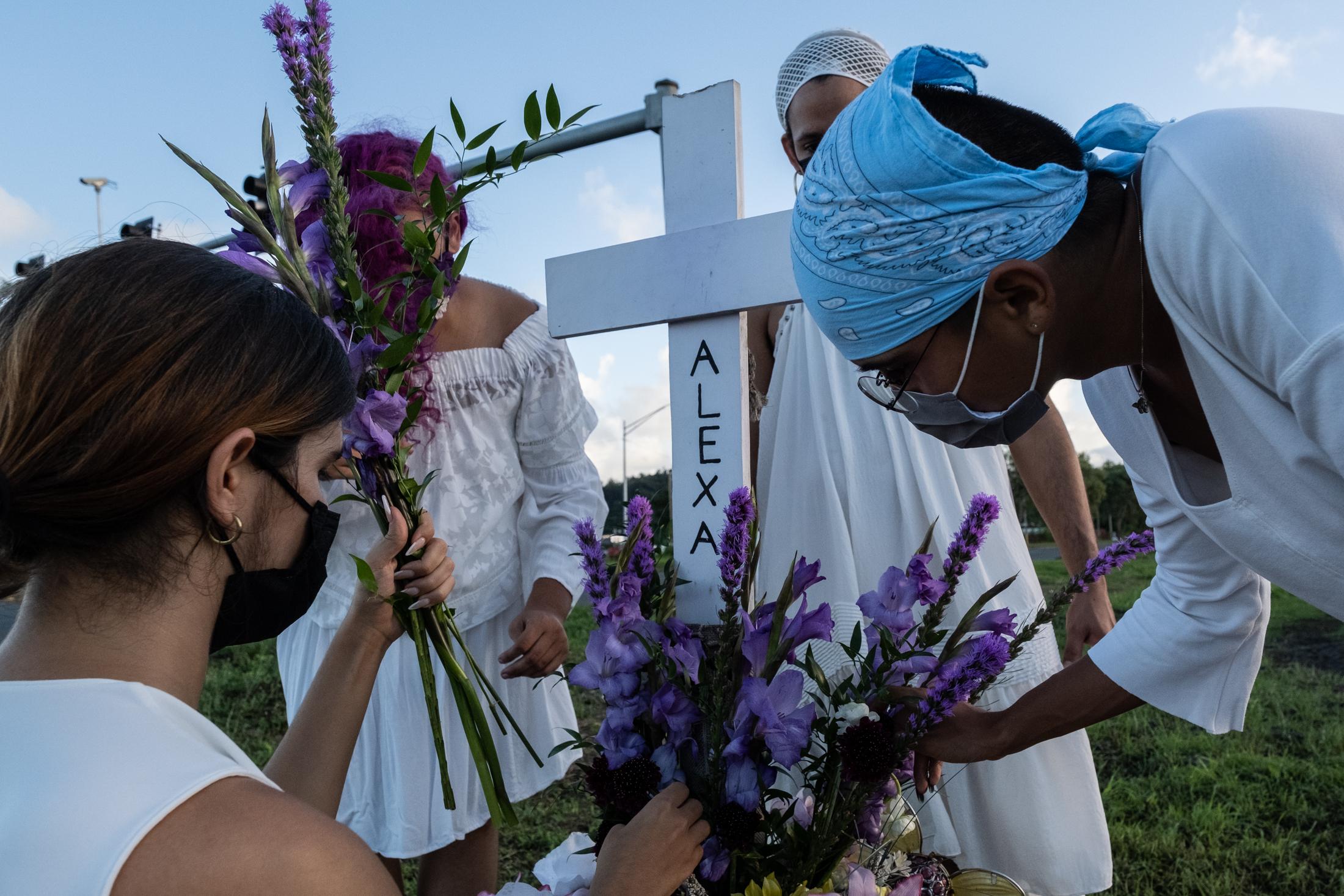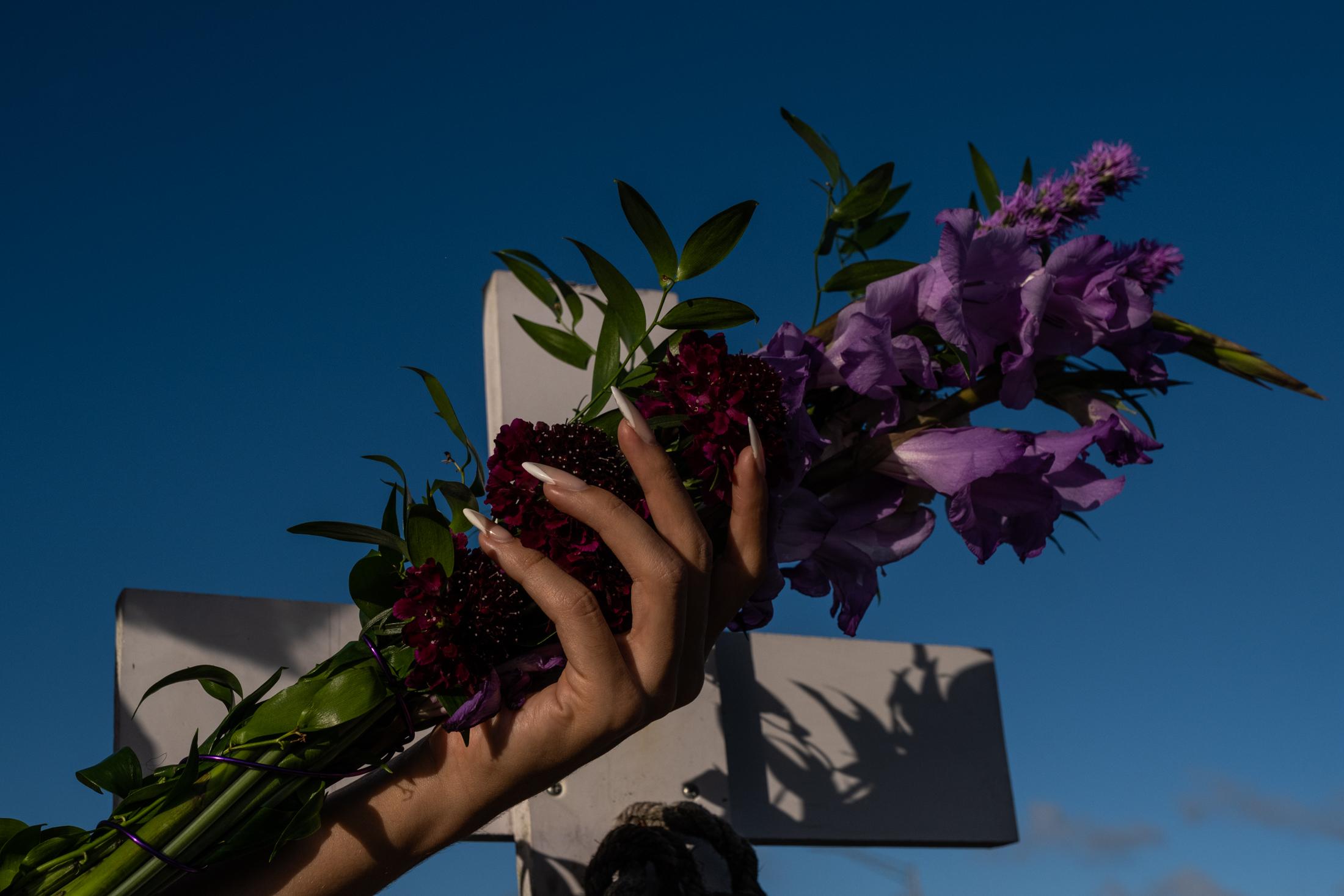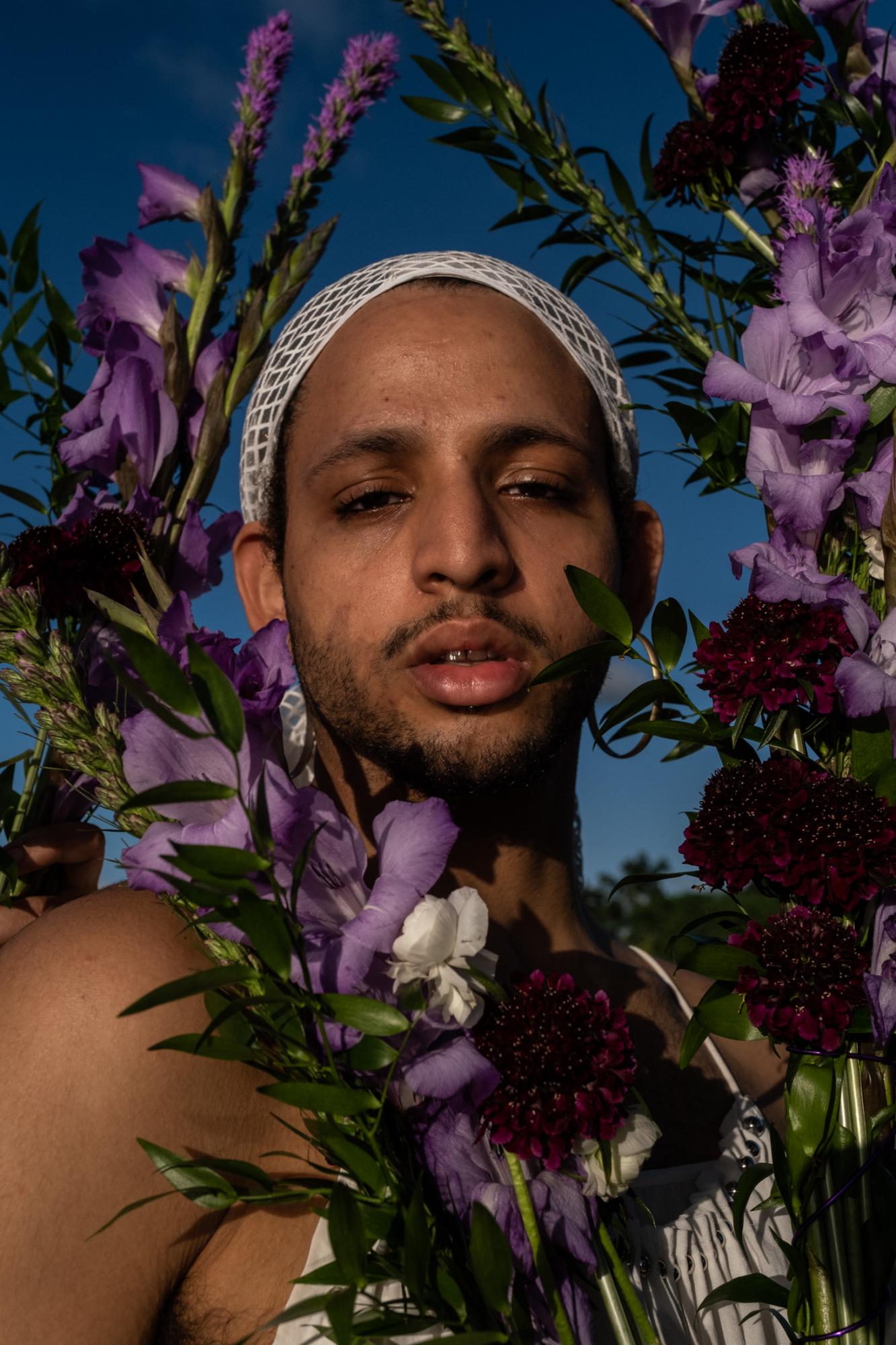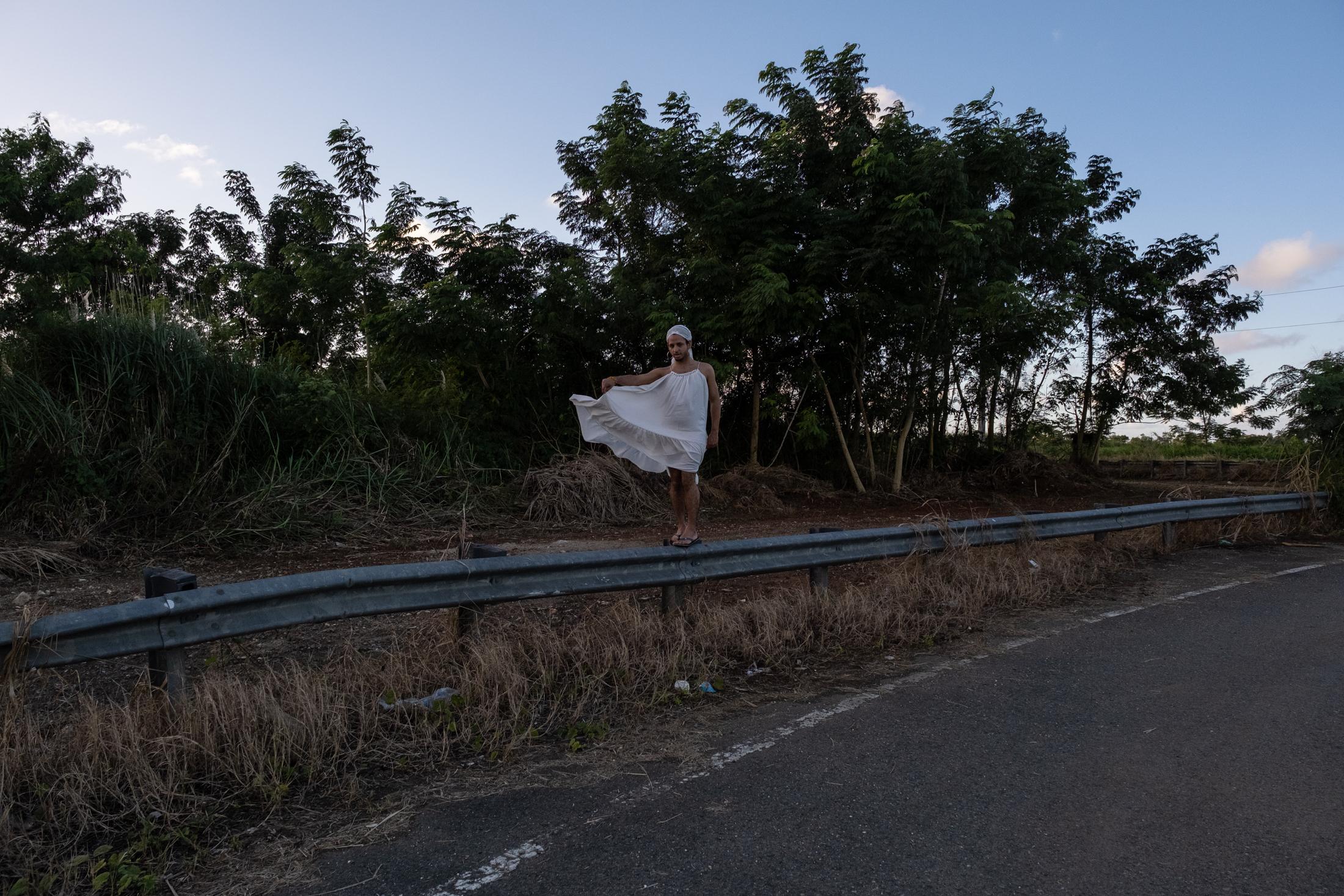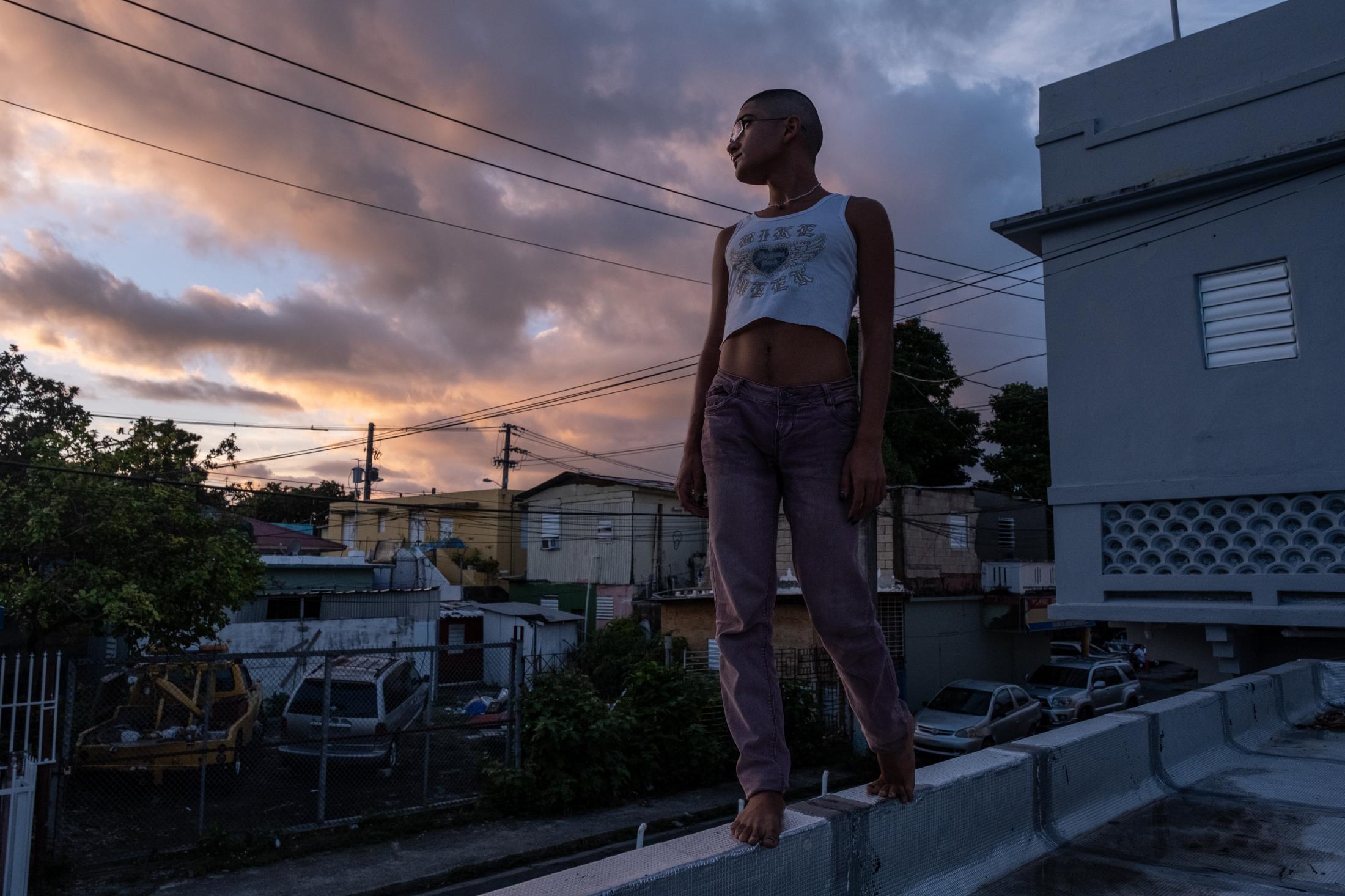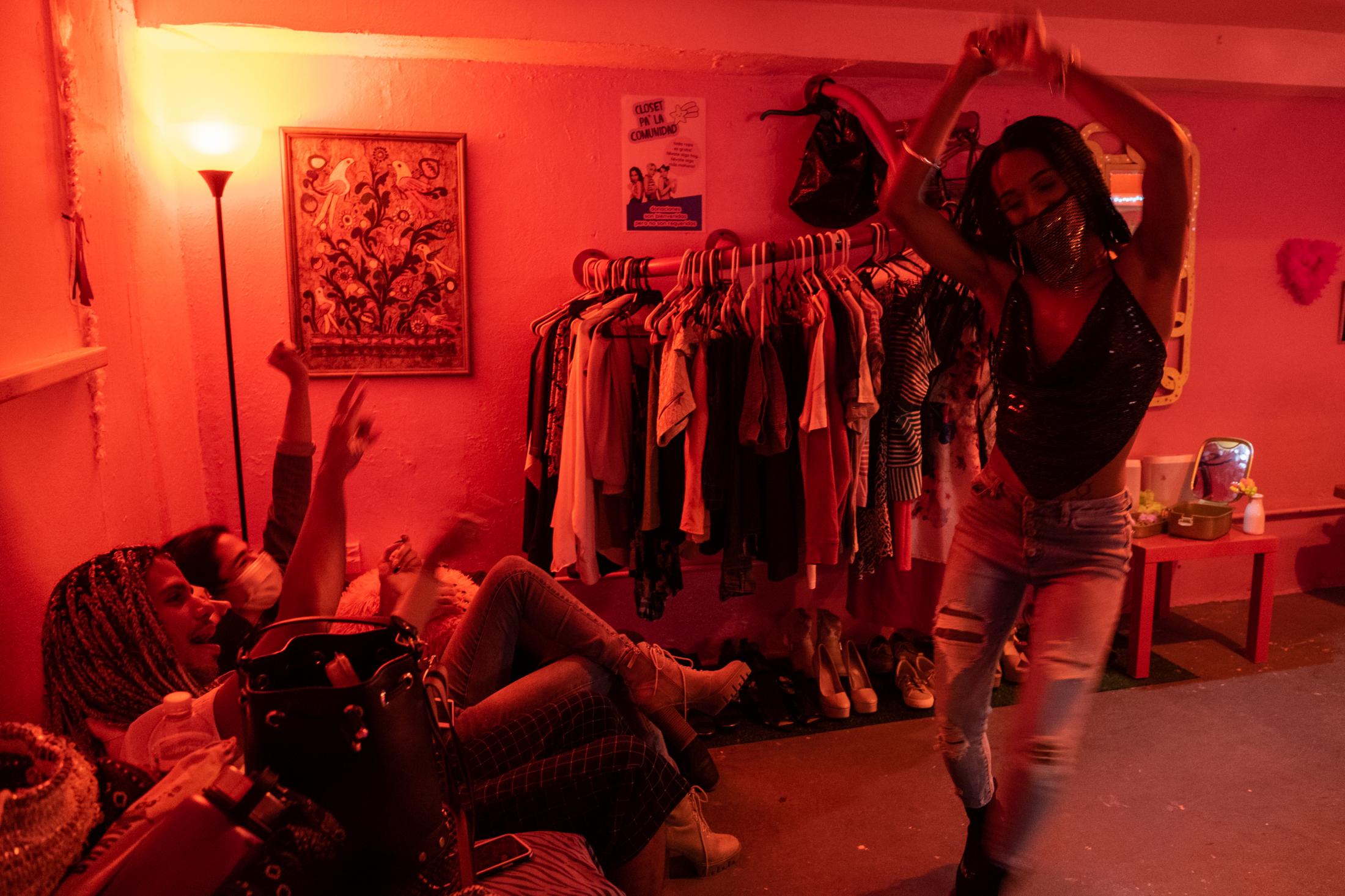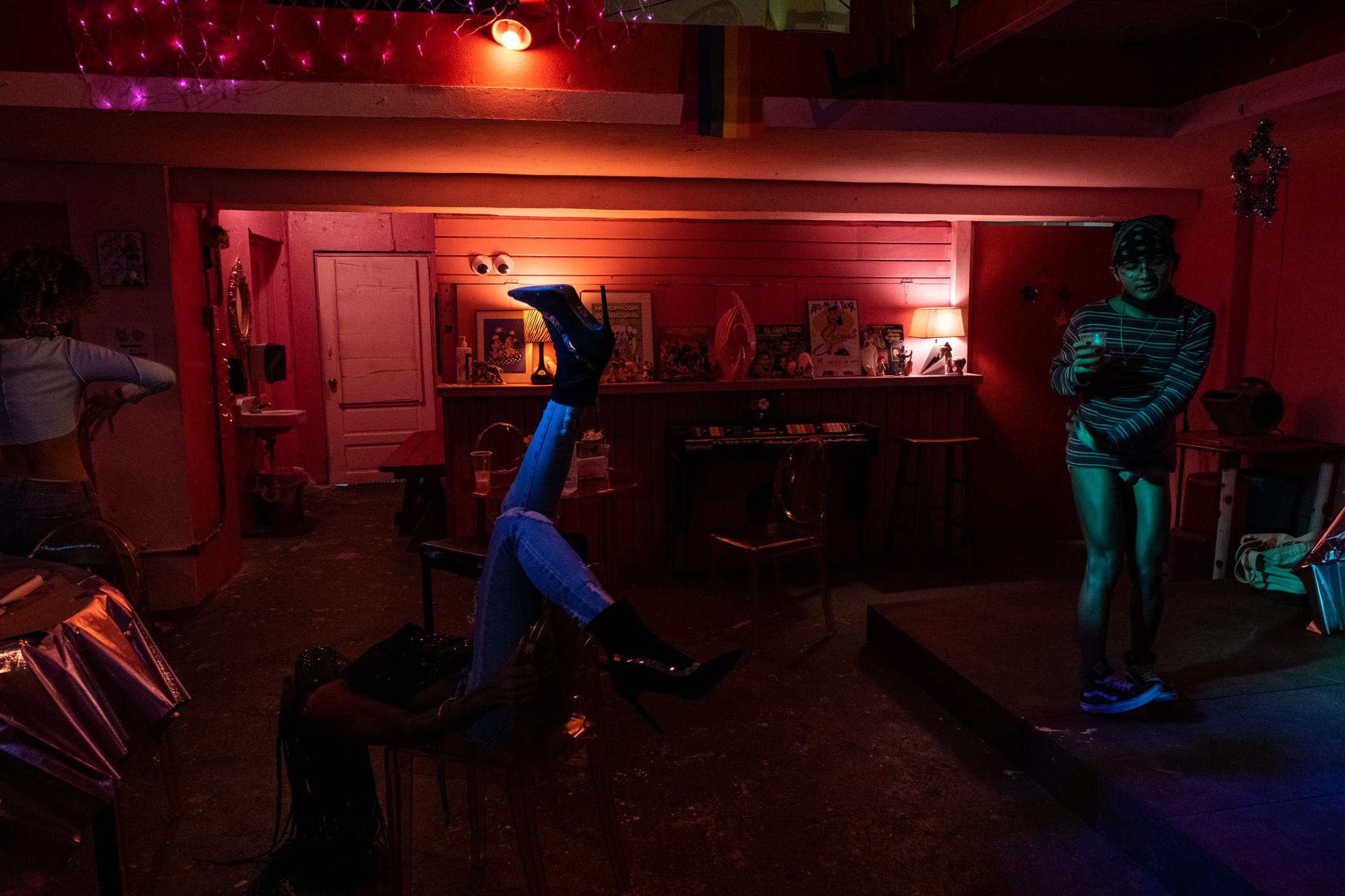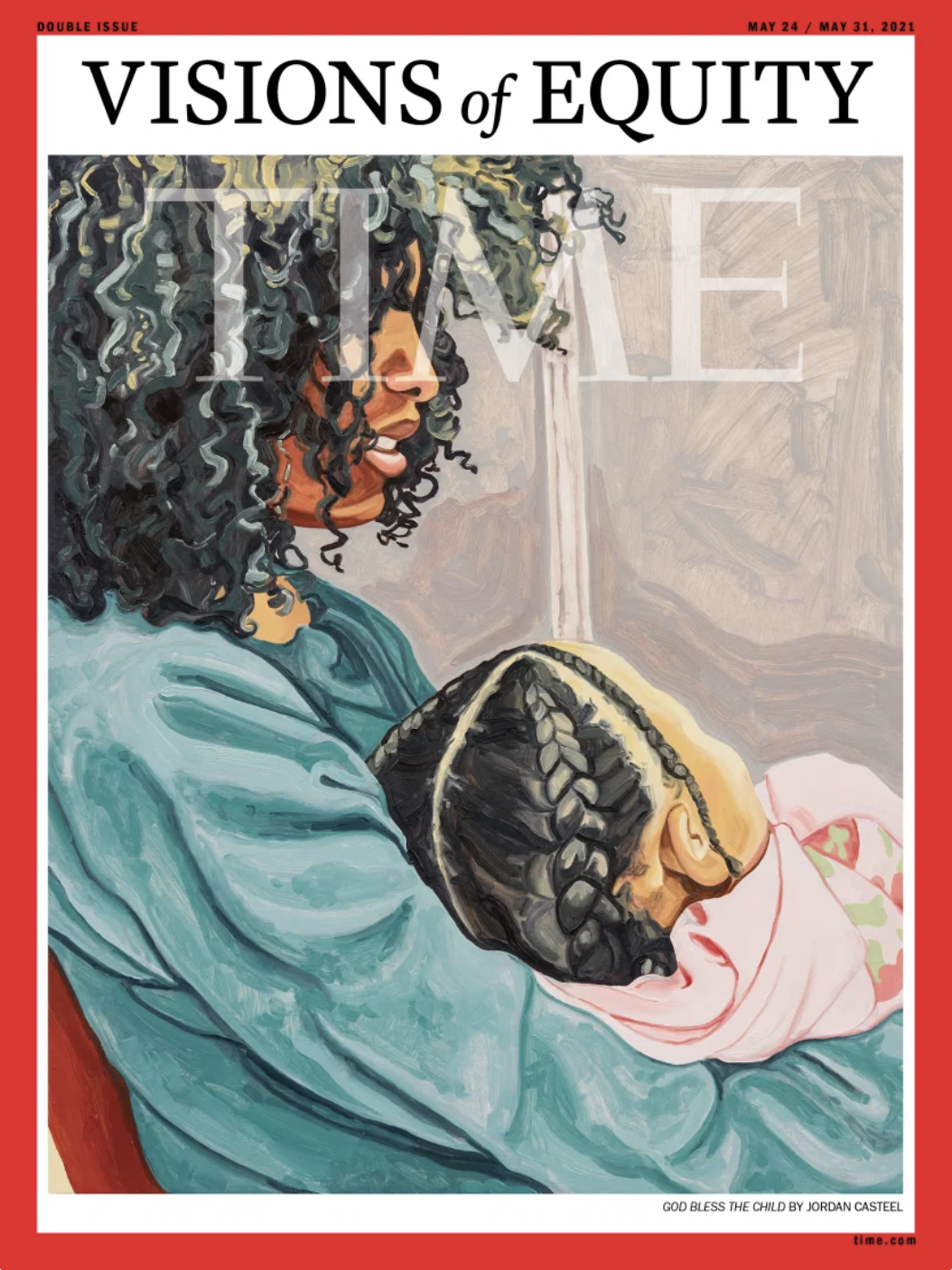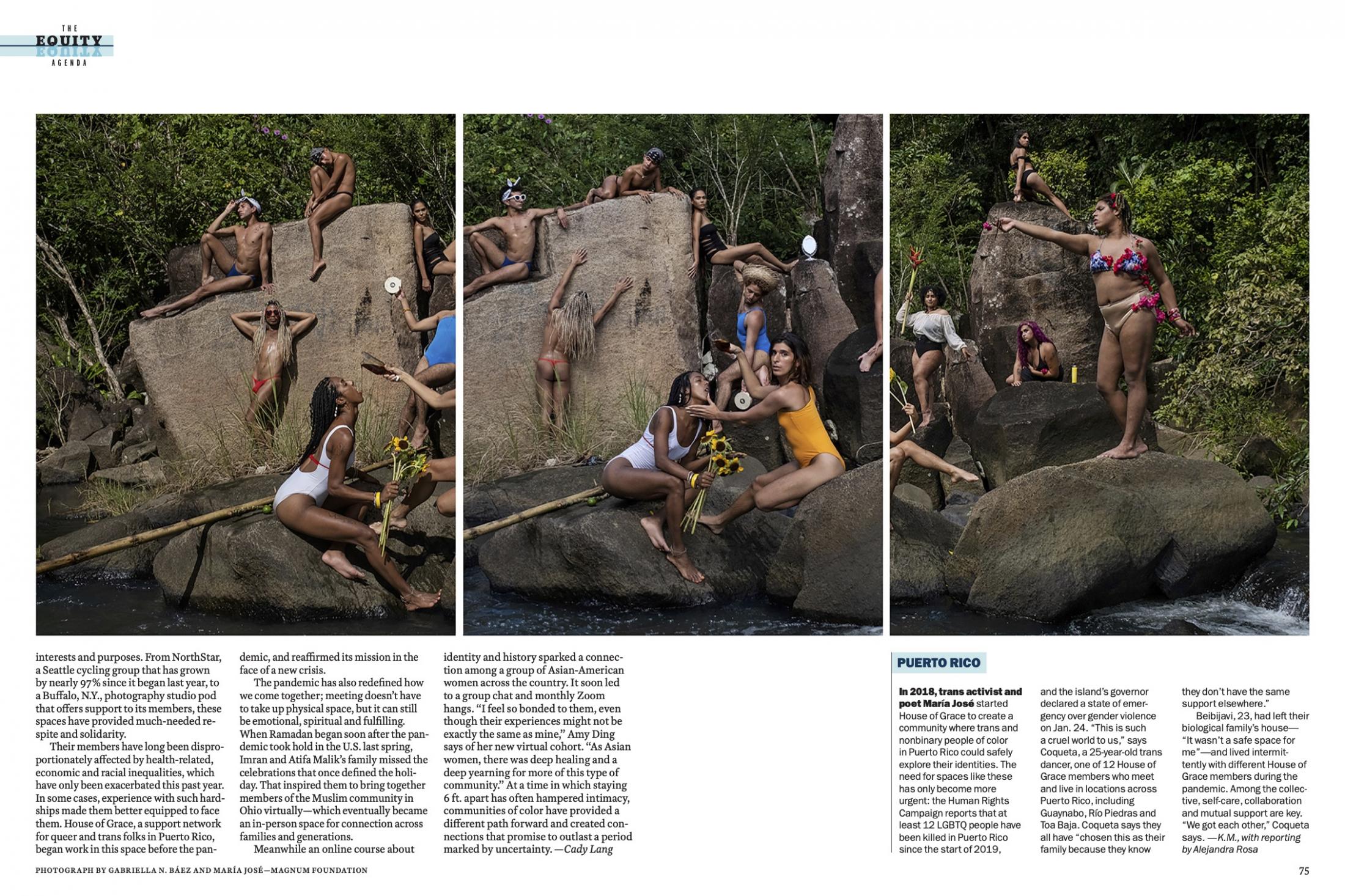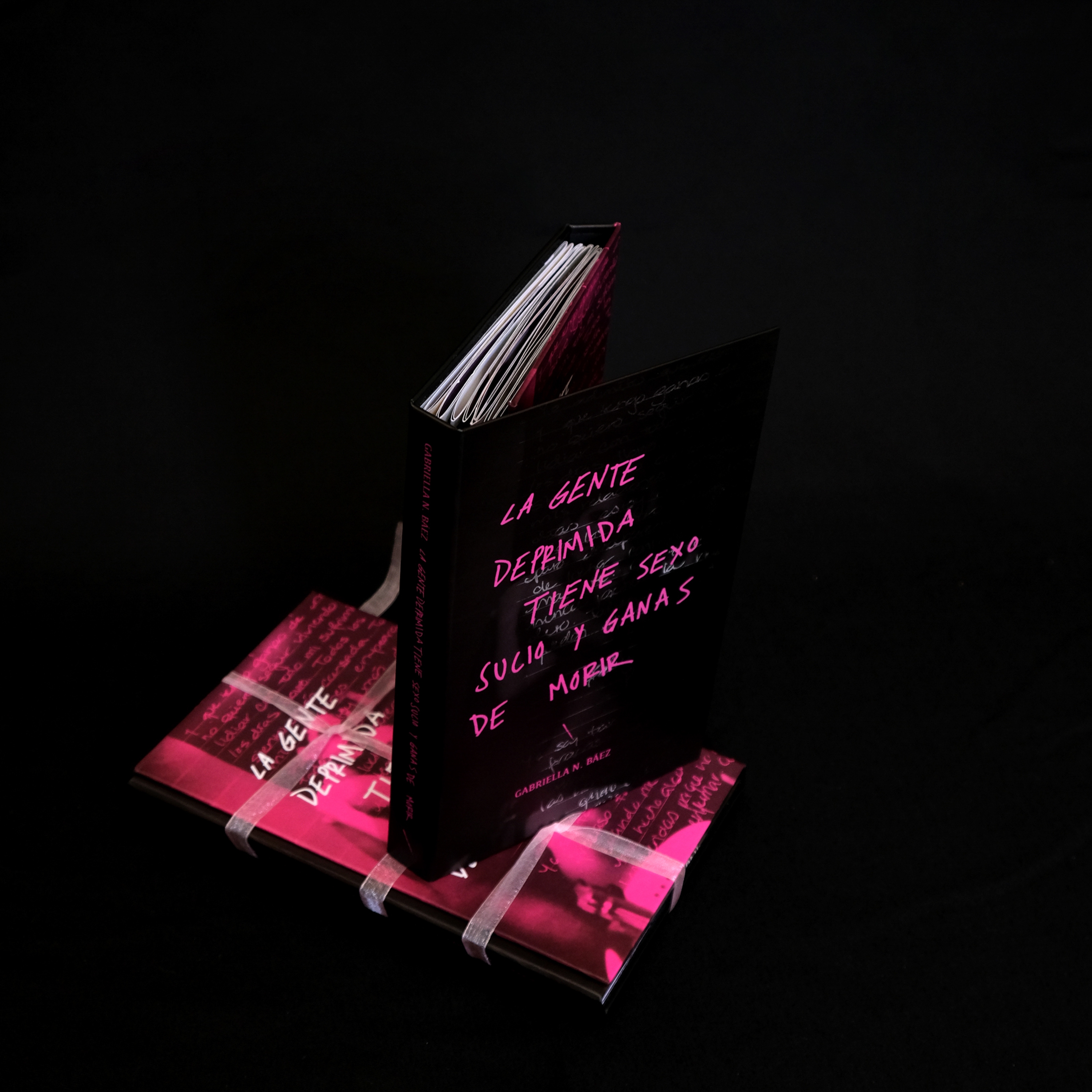Text by: Alejandra Rosa
Photography by: Gabriella N. Báez
Among the rocks of their Caribbean archipelago, a group of trans artists and creatives in Puerto Rico have found their safe port. It is a harbor offering them safety and affirmation amid choppy waters. Both a natural resource and cultural construct, it has an appropriately reverential name: House of Grace. House of Grace was founded by María José, a transdisciplinary artist and activist, in the months after Puerto Rico was ravaged by Hurricane Maria in 2017. In the midst of natural disasters and a global pandemic, when rains have flooded and the earth has been shaken, the dancers, performers and writers who make up the House have laid down collective roots, built trust and chosen one another.
Despite its name, the House is not a physical domicile but instead a group who work to take care of themselves, and to uplift each other’s power, beauty, and artistic talents amid a worsening culture of discrimination against queer and trans people. Over time, House of Grace has evolved into a tight-knit yet welcoming community—and a family.
María José (she/her) poses for a photo in Rio Piedras, Puerto Rico.
Lü, 27, poses for a portrait in her apartment in Toa Baja, Puerto Rico.
LeQueen, 21, vogues on the train she takes on a daily basis to commute to work, health check ups, and other places around San Juan, Puerto Rico.
LeQueen, 21, vogues while on her way to pick up hormones at a clinic in Santurce, Puerto Rico.
Coco, 21, poses for a portrait in their family home in Camuy, Puerto Rico.
Coqueta Daniel, 25, poses for a portrait in her apartment in Rio Piedras, San Juan, Puerto Rico. “All the members of House of Grace have chosen this as their family because they know they don’t have the same support in the same way elsewhere”, she says. “This is such a terrible and cruel world to us. This support is necessary.”
Coqueta Daniel, 25, poses for a portrait in her apartment in Rio Piedras, San Juan, Puerto Rico.
Throughout the pandemic, members of House of Grace have weekly meetings and check ups on Monday evenings.
Members of House of Grace pay respects to Alexa Negrón Luciano, a transgender woman who was murdered in February 2020, on the site of a makeshift grave dedicated to her in Toa Baja, Puerto Rico.
Members of House of Grace pay respects to Alexa Negrón Luciano, a transgender woman who was murdered in February 2020, on the site of a makeshift grave dedicated to her in Toa Baja, Puerto Rico.
Gabi Grace, 21, poses for a portrait in Toa Baja, Puerto Rico.
Beibijavi, 22, poses for a portrait on the rooftop of their neighbors’ apartment in Rio Piedras, San Juan, Puerto Rico. “We deserve love, support, stability, and safety. We transcend our intersections," Beibijavi tells TIME. "We are infinite.”
Beibijavi, 22, practices voguing on the rooftop of their neighbors’ apartment in Rio Piedras, San Juan, Puerto Rico.
Teresa dances during House of Grace's holiday dinner in the queer bar Loverbar in Rio Piedras, San Juan, Puerto Rico.
Left to right: Coco, Teresa, and Beibijavi dance during the House of Grace holiday dinner at Loverbar in Rio Piedras, San Juan, Puerto Rico.
A group of people that are willing to develop the tools to treat each other without violence," says Maria Jose, posing here for a portrait in Rio Grande, Puerto Rico, of House of Grace. "A group of people are willing to walk towards the possibility of healthy interpersonal relationships.”

